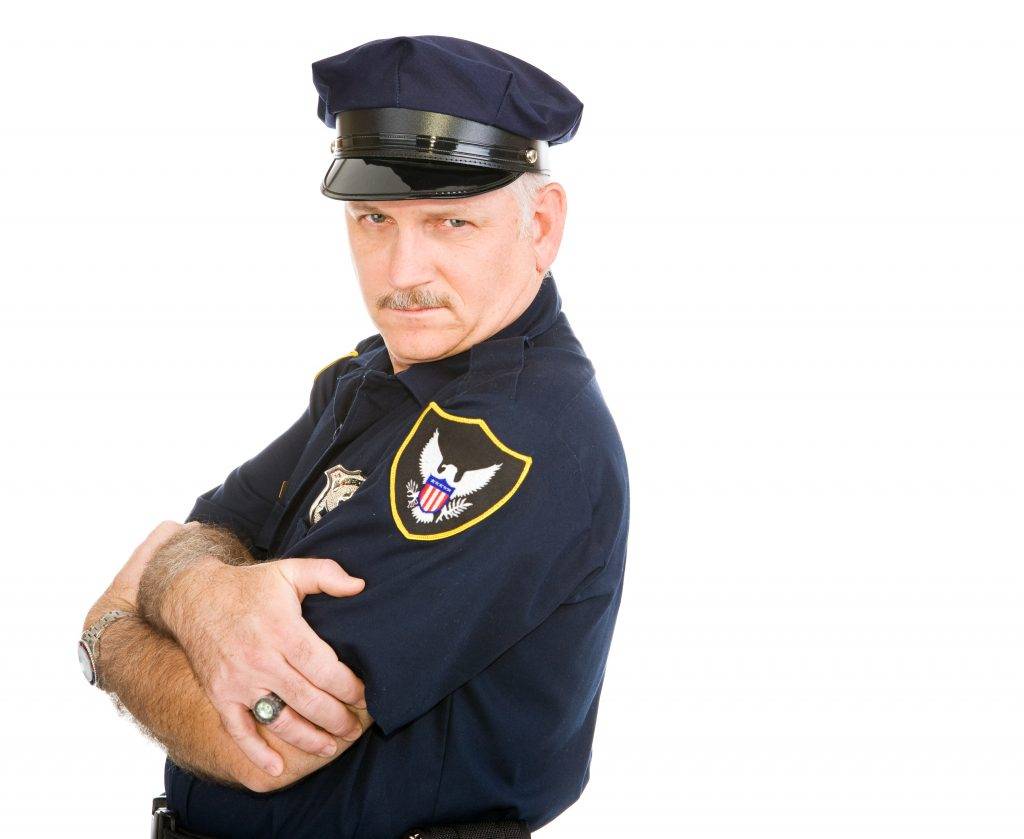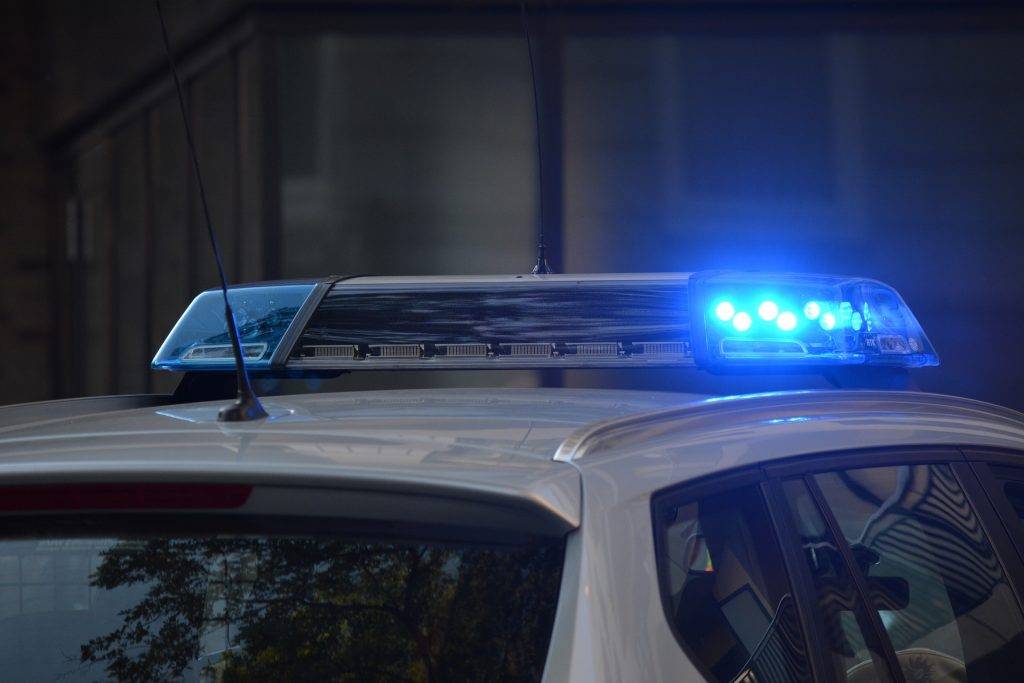Sugar Land DWI Lawyer David Hunter
Well versed in the legal industry and knows how best to defend against a DWI charge.
Having been behind the judge’s bench himself, his knowledge is truly vital when it comes to building your best DWI defense. Below, David details what one can expect when caught driving while intoxicated in Texas.
It’s been a wonderful evening. You spent the night out with friends and family, enjoying yourselves, sharing refreshments, talking, and having an all-around good time. You say your goodbyes and hop in the car to head home. Ten minutes into the drive, you hear it: that tell-tale “whoop” sound and the flashing blue and red lights. You get that dropping feeling in your gut and curse as you pull over to the side of the road. Your heart is beating fast. All you want to do is get home and go to bed. The tension rises as you see the cop step out of his squad car and start walking towards your car. You roll down the window and wait for what may come next. The officer asks you for your license, registration, and insurance information. You hand it over. The dreaded question then comes: “Have you been drinking tonight?”
“You’re not alone.”
If this has happened to you – you’re not alone. The most important thing you should do when you’re pulled over for DWI is follow these steps.
Defining DWI
The state of Texas defines a person as “driving while intoxicated” when they:
- don’t have the normal use of mental and physical faculties due to alcohol or drug consumption; and/or
- being over the state’s BAC limits.
Texas limits on BAC (blood or breath alcohol concentration) are as follows:
- 21 years or older: 0.08%
- Commercial drivers: 0.04%
- 20 years or younger: Any amount
In the end, BAC is not the one true way of determining when a person is too impaired to drive a car. Regardless of your BAC, you can still be considered intoxicated if your driving is impaired due to drugs or alcohol. Note that alcohol can affect different people in different ways due to weight, gender, how many you’ve had, and more.
Read on below for advice from Sugar Land DWI lawyer David Hunter on what to expect and how to act when pulled over for DWI in Texas.
What to Do When Pulled Over for DWI

Follow Instructions and Be Prepared
When you first notice the policeman’s lights, pull over to a safe area out of the way of moving vehicles. If necessary, get off the highway and pull over into a parking lot so that the officer has enough room to safely approach your vehicle without danger of being hit by other cars. Do not try to make the cop follow you all the way home. Pull over as soon as you can.
Once you pull over, get your documents ready. Do not wait until the officer has reached your car to look for your documents. Roll down your window. When the officer approaches, greet him or her and keep your hands visible. Do not hand the officer your documents until you are asked for them. Once asked, hand over your driver’s license, registration, and insurance information.
Know Your Rights – Remain Silent
Sugar Land DWI lawyer David Hunter wants you to understand your rights and responsibilities at traffic stops. The officer may ask you what you were doing earlier that day, where you are going, or other questions. Remember – you have the right to remain silent thanks to the Fifth Amendment. You do not have to answer any investigative questions under Texas law. It is in your best interest, however, to cooperate with law enforcement. Be polite and courteous. Do not get emotional or angry. It is important to remain calm and collected. You do not have to provide any self-incriminating information to law enforcement officers.
Field Sobriety Tests
Police officers may use a variety of methods to determine if you are intoxicated. Generally, an officer will ask you to do a field sobriety test first. Remember that you have the right to refuse field sobriety tests. A good Sugar Land DWI lawyer will remind you of this fact. A field sobriety test will test your balance, coordination, and cognitive abilities. Common field sobriety tests include:
- Horizontal Gaze Nystagmus: The officer will observe your eyes as you follow the movements of a small object. He or she will move a pen or small flashlight back and forth horizontally. You are considered intoxicated if you cannot follow the object or have jerky movements.
- Walk and Turn: This test requires a driver to walk along a straight line heel to toe. Then he must turn around and walk back in the same way, heel to toe. If the driver messes up the turn, doesn’t take the right number of steps, or loses his balance, he will fail this test.
- One-Leg Stand: The officer will ask you to stand on one foot with your other foot about six inches off the ground. Then you will be asked to count out loud for a minute or so until the cop asks you to put your foot down. During this time, the officer will look for any trouble maintaining your balance, such as swaying, hopping, using your arms, or trying to put your foot back down.
Blood or Breath Tests
Police officers can use blood, breath, or urine tests to determine a driver’s BAC. Again, you have the right to refuse to take these tests; however, unlike with field sobriety tests, refusing a Blood/Breath Test results in financial and punitive consequences. Sugar Land DWI lawyer David Hunter is familiar with the updated Texas “implied consent” law. This law states that in return for being able to use Texas roads, drivers who refuse testing get their license suspended.
“In return for being able to use Texas roads, drivers who refuse testing get their license suspended.”
According to the Texas Department of Transportation, if you refuse to take a blood or breath test, your driver’s license will be automatically suspended for at least 180 days. You may even have to spend a few days in jail, even if you are found not guilty later on in court. It is also important to remember that a BAC above the legal limit is not a requirement to accuse someone of DWI in Texas. It is usually in your best interest to refuse this test. However, you may choose to take it if you want to.

How to Handle “No Refusal” Weekends
You may have heard of the Texas “No Refusal” weekends, meant to crack down on DUI and DWI. These usually occur on holiday weekends such as 4th of July, Memorial Day, and others. Law enforcement sets up “No Refusal” checkpoints all over the city. At these checkpoints, drivers are required to stop and interact with cops in an effort to prevent DWI/DUI and related accidents. Here’s what happens: if a police officer suspects a driver of DWI, they will ask them to submit to a blood test. The driver has three choices:
- Submit to a breathalyzer test
- Submit to a blood test
- Refuse any tests
While you DO have the right to refuse, these “No Refusal” weekends have a loophole. If the officer has “reasonable” belief that the driver caused an accident, death, or injury, the test is mandatory. At that point, a blood test can be forced upon a driver even if refused. In addition, an officer can obtain a warrant after a refusal – and it can happen very quickly. Warrants can be sent electronically via phones at any time of day or night. If the officer produces a warrant, the driver may be handcuffed, escorted away, and held down until a blood sample can be taken.
Contact Sugar Land DWI Lawyer David Hunter
Your next step in the DWI process is to secure excellent legal representation. Choose Sugar Land DWI lawyer David Hunter. As a former judge and prosecutor, David Hunter is extremely knowledgeable and experienced with defending DWI cases in Texas, especially Fort Bend County. In order to protect your future, you need a lawyer like David Hunter. He can help you get the best outcome possible so you can move on with your life. Call him today!
Contact David Now!
What to Expect When Caught DWI | David Hunter Law Firm – Sugar Land, TX


